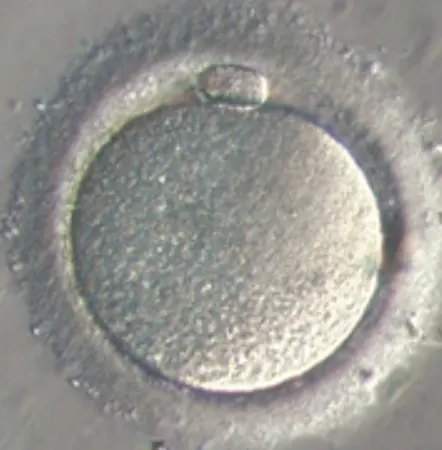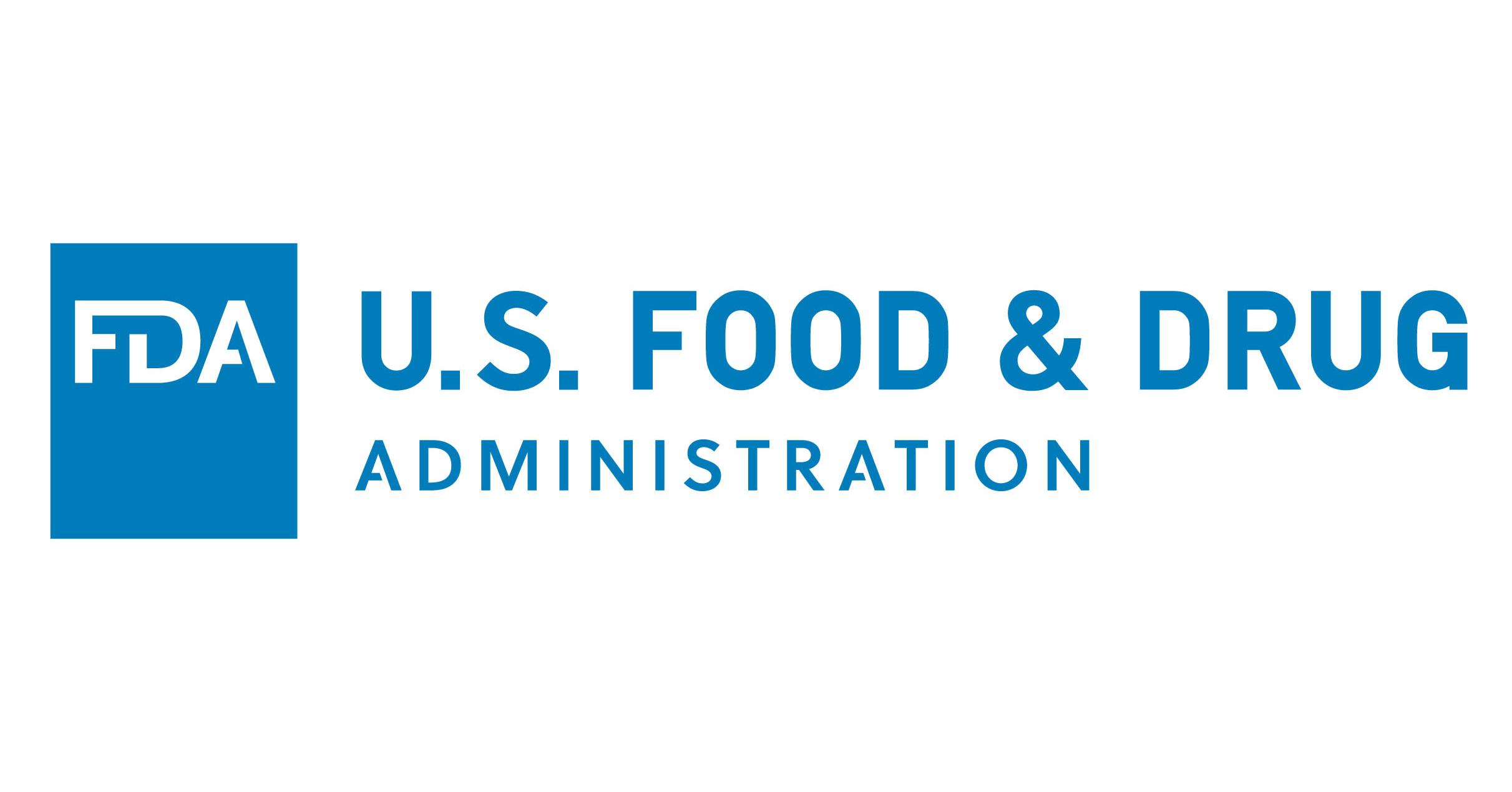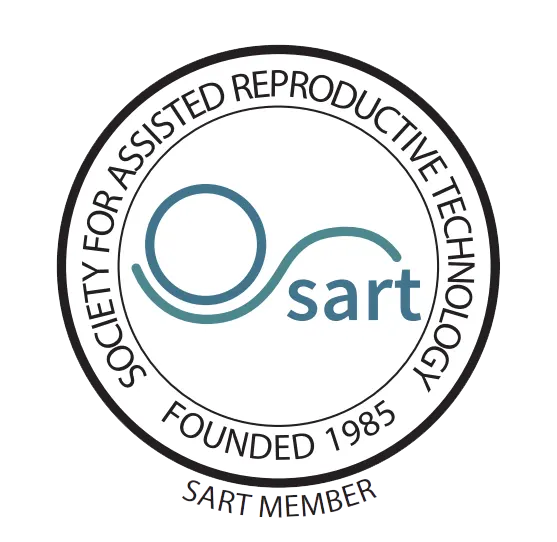
A mature human egg
Egg Freezing
The first pregnancy (twin) derived from a frozen human oocyte was reported in 1986. Traditional freezing methods use a slow freeze process. Because of the unique characteristics of eggs, traditional freeze methods did not work well. It took over twenty years for scientists to perfect the egg freezing technique. Almost all egg freezing in the world now uses a flash freeze method called vitrification. Vitrification effectively and safely freezes human eggs.
FAQs
Who should consider egg freezing or egg banking?
Egg freezing or egg banking is a method of fertility preservation. Hence women wishing to preserve their fertility for the future are appropriate candidates. These include women with:
- Cancer or noncancerous disease and about to undergo chemotherapy or radiation known to be toxic to the ovaries
- Genetic predisposition to premature menopause
- Exposure to occupational or environmental hazardous materials to reproductive system
- Religious or moral objections to create excess embryos in a standard IVF procedure
- Desire to delay childbearing in order to pursue educational, career or other personal goals
In 2013, the American Society for Reproductive Medicine declared that the use of frozen eggs is no longer experimental and that “oocyte cryopreservation to improve prospects of future child bearing…should be available for nonmedical reasons.”
Is there an optimal age for egg freezing for non medical reason?
Women are delaying childbearing in Western societies for both social and economic factors. The delay comes at the cost of an increase in age-related infertility. Egg freezing offers a viable option for women wanting to protect against the age-related decline in fertility. A recent study using a mathematical model incorporating several large data base estimated that the highest probability of live birth is seen when egg freezing is performed at age under 34 years.
How does egg freezing work?
The egg is the largest cell in the human body and has a large amount of water. When freezing is done slowly, ice crystals form and destroy the egg. The two critical steps to avoid ice crystal formation in flash freezing, also known as vitrification, are dehydration of the egg followed by rapidly freezing. In dehydration, the water inside the egg is replaced with cryoprotectants, also known as anti-freeze. This is accomplished by immersing an egg through a series of solutions with increasing amount of anti-freeze. The dehydrated egg is then flash frozen by plunging in liquid nitrogen. After the oocytes are frozen, they are stored in liquid nitrogen at a very cold temperature (−196 °C; −321 °F).
How are the frozen eggs going to be used to produce an embryo?
When a frozen egg is thawed for the purpose of producing an embryo, it must be fertilized by injecting it with sperm, also called intracytoplasmic sperm injection, ICSI, because freezing lead to hardening of the shell of the egg making it difficult for sperm to penetrate the shell. After the thawed egg is fertilized, it is treated in a manner similar to non-frozen fertilized oocytes.
What is involved in egg freezing?
In order to maximize the chance of a successful pregnancy attempt with frozen eggs, multiple mature eggs are harvested for the freezing. Hence the ovaries must be stimulated with reproductive hormones, called gonadotropins or fertility injections, similar to the process of in-vitro fertilization. The only difference is that after egg retrieval, unlike in-vitro fertilization when the eggs are fertilized with sperm, the eggs are frozen immediately without fertilizing them in egg freezing.
It may take 3-4 weeks of birth control pill to prepare the ovaries before stimulating them with hormone injection. The self-administered daily injection of fertility medications takes about 10-12 days. Once the eggs are mature, they are removed with a needle placed through the vagina under ultrasound guidance. This procedure is done under sedation. When the time comes to attempt to conceive with the frozen eggs, they are thawed. Each egg is injected with a sperm to achieve fertilization, cultured in the lab for a few days before the fertilized eggs are transferred to the uterus.
How long can the eggs remain frozen?
The experience with egg freezing is too new for anyone to say exactly how long. On the other hand, human embryos have been frozen routinely in IVF treatment since the 1980s. The longest duration a human embryo has been frozen, thawed, transferred and resulted in a healthy life birth is 11 years. Since embryos and eggs are frozen with the same technique, it is reasonable to extrapolate that long-term storage of frozen eggs should not lead to any decrease in quality.
How many eggs should be stored to achieve a pregnancy?
Based on preliminary data from our center and that reported in the literature, egg thaw and survive rates of 70% and fertilization rates of 70% are anticipated in women at or under 37 years of age. In order to have at least 3 to 4 embryos to transfer, about 10 eggs should be frozen for one pregnancy attempt. Most women at or under 37 years of age with sufficient ovarian reserve often yield 10 or more mature eggs per egg retrieval.
What is the success rate with frozen eggs?
The largest study on pregnancies derived from frozen (vitrified) eggs from egg donors was published in 2010, reporting pregnancy rates comparable to fresh eggs from egg donors. Our experience at the Family Fertility Center is similar to that reported in the literature.
Is egg freezing safe?
As of 2015 it is estimated that over 5,000 babies have been born from frozen and thawed oocytes in the world. The currently available data are reassuring in terms of birth defects and chromosomal abnormalities. It will take a large number of children and many years of follow-up to ensure that children born from egg freezing have no long term health problems through their adult years.
What are the alternatives to egg freezing?
Alternatives to freezing eggs for fertility preservation include the use of donor oocytes or freezing strips of ovarian tissue followed by transplantation onto the same person at a later time after treatment of cancer or diseases that are known to result in a high risk of ovarian failure.
References
References:
More Readings on Egg Freezing or Oocyte Vitrification
- Cobo A, Meseguer M, Remoh J, Pellicer A. Use of cryo-banked oocytes in an ovum donation programme: a prospective, randomized, controlled, clinical trial. Hum Reprod 2010;25:2239–46.
- Cobo A, Diaz Cesar. Clinical application of oocyte vitrification: a systematic review and meta-analysis of randomized controlled trials. Fert Steril 2011;96:277-85.
- Rienzi L, Romano S, Albricci L, Maggiulli R, Capalbo A, Baroni E, et al. Embryo development of fresh ‘versus’ vitrified metaphase II oocytes after ICSI: a prospective randomized sibling-oocyte study. Hum Reprod 2010;25:66–73.
- Wennerholm UB, Soderstrom-Anttila V, Bergh C, Aittomaki K, Hazekamp J, Nygren KG, Selbing A, Loft A. Children born after cryopreservation of embryos or oocytes: a systematic review of outcome data. Hum Reprod 2009;24:2158-2172.
- Practice Committees of the American Society for Reproductive Medicine and the Society for Assisted Reproductive Technology. Mature oocyte cryopreservation: a guideline. Fert Steril 2013;99: 37-43
- Mesen TB, Mersereau JE, Kane JB, Steiner AZ. Optimal timing for elective egg freezing. Fert Steril 2015; 103: 1551-1556
Schedule a Consultation
Contact Us
If you are experiencing a medical emergency, call 911 or go to the nearest emergency room.
We understand you may have a lot of questions. Additionally, each couple or individual has a unique set of circumstances. To this end, the best way to get answers for your situation is a face-to-face consultation with our physician.
Schedule a Consultation
Contact Us
If you are experiencing a medical emergency, call 911 or go to the nearest emergency room.
We understand you may have a lot of questions. Additionally, each couple or individual has a unique set of circumstances. To this end, the best way to get answers for your situation is a face-to-face consultation with our physician.











